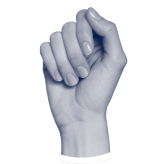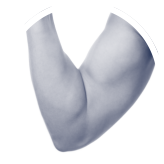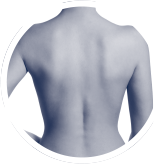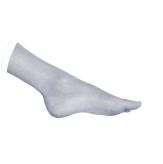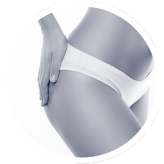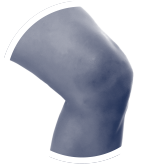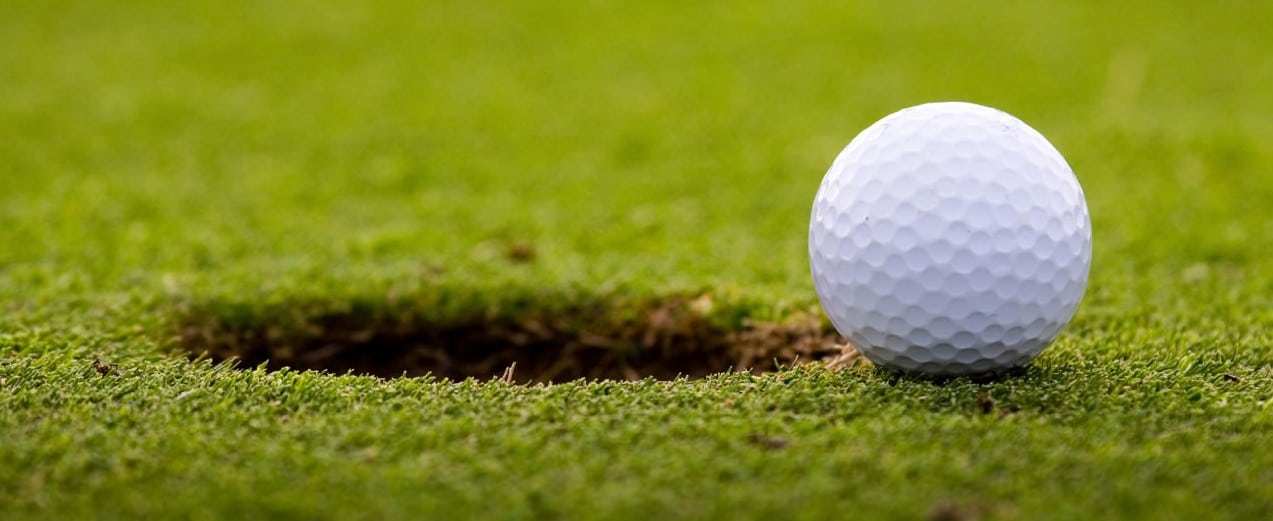
Golfing is a very strenuous sport. Injuries from golf are common and we see lots of patients at London Bridge Orthopaedics with golf-related problems. The majority of them are preventable through stretching and a warm up prior a game of golf. But here are the most common injuries we see at London Bridge Orthopaedics and how to prevent them.
Lower Back Pain
This is common within the older generation but, for those who play golf, is the most common form of injury. Because of the swing of the club, the repetitive use of the lower back can result in discs, ligaments, muscles and joints being painful. These are worsened if golfers already had poor posture.
Having a strong core will help and can be effective in preventing lower back pain and also its treatment.
Herniated discs (also known as a slipped disc) are the most common spinal injury for a golfer. The disc provides a cushion for the vertebrae of the spine. If the disc pushes out (herniates) it may press against or pinch nearby nerves and cause pain.
To treat herniated discs, a procedure called microdiscectomy. Non-surgical treatments may include pain-relief medication and a back brace to improve posture. Heat/cool packs may also relieve the pain.
Elbow Pain
Pain in the elbow is most likely caused by tendonitis, also known as golfer’s elbow or tennis elbow. Golf is repetitious on the muscles. The repetitious swinging motion can cause the inner or outer tendons to become inflamed causing injury. Because this affects the tendons, golfer’s wrist and hands may also become painful.
The risk of tendonitis increases with age and can affect anyone who routinely performs tasks that are repetitive on the tendons. Some examples of this can be writing, typing on a keyboard or playing golf.
To prevent golfer’s elbow, it is always best to stretch before a game and ensure that all your muscles are flexible. Golfers can warm up by switching between limping your wrists and doing the policeman’s halt.
Treatment for tendonitis is usually rest and the pain will go away in a few days. Applying ice to the tendons, along with anti-inflammatory medication can speed up recovery. If the pain is particularly bad, physiotherapy will solve this.
Shoulder Pain
The pain found in the shoulders is caused by tears in the rotator cuff muscles. Along with the majority of golfing injuries, shoulder pain arises from the repetitious activity. This can be exasperated if the golfer should provide a faulty swing – such as hitting the ground or failing to travel with the swing.
Preventing pressure on the rotator cuff muscles is our ideal treatment by ensuring the shoulder and the muscles are supported and stabilised.
If golfers do have pain in their shoulder, applying ice to the pain and taking anti-inflammatory medication will help. For particularly bad pain, try applying an anti-inflammatory gel. If the pain continues weeks after the injury, physiotherapy may resolve this issue.
BONUS: Pain Caused by Sunburn
While strictly not an injury, golfers being out in the sun for long periods of time can increase their chances of getting sunburn. Sunburn can cause dehydration in the body and increase the likeliness that muscles will cramp. Alongside this, it can increase the chances of getting skin cancer.
When playing golf, always ensure that you have an adequate amount of sun cream available with a high SPF and regularly apply it. Ensure to apply suncream to exposed areas, such as the face, arms and legs, and reapplied every two hours. On particularly sunny days, consider wearing a cap or even bring a parasol.
If you do find yourself sunburnt, have a cool bath or shower will have an immediate pain-relieving effect. Try to avoid any soaps/perfumed products as this will likely irritate your skin further. Having something cool to hand, such as a cool can of pop, can temporarily relieve pain in certain spots. Alongside these, applying aloe vera moisturiser may further reduce the pain.
Are you excited for the British Open? What injuries have you sustained from playing golf? Let us know on Facebook, Twitter and LinkedIn.


